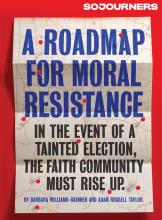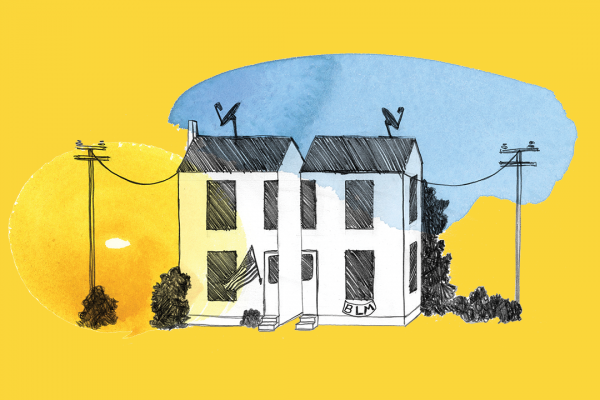RETIREES RICHARD AND LISA Starling are Georgia natives turned Cornell academics; their son Michael and his wife, Diane, are barely getting by in Texas; their son Thad and his boyfriend, Jake, live comfortably in Brooklyn. These family members voted for different candidates. Their experiences of religion range from solace to trauma, they have an unwritten list of topics they don’t discuss, and it takes tragedy and close confines to break open their surface-level peace and push them into the conversations they’ve been avoiding.
These characters appear in David James Poissant’s latest novel Lake Life, which is set in 2018 but explores family dynamics that feel especially relevant in 2020. Jen Hinst-White spoke with Poissant in late July, five months into COVID-19 social distancing, two months after George Floyd’s death and the resulting groundswell of protest, and three months before the national election.
Jen Hinst-White: You could have written a straightforward family drama, but your characters’ personal struggles also pull in big questions of theology, culture, and politics. Why?
David James Poissant: Those things grew important to me in my writing life because they’re important to me in my real life. I’m bad at acquaintanceships. As soon as I meet someone, I want to talk to them about God and their childhood and “Do you go to therapy?” I can’t write about family without writing about place, and I can’t help considering the politics and environment of the places I’m writing. Do these people believe in God, and in what way? And how do their beliefs affect their worldview? In an alternate universe, I’m probably a sociologist.
Read the Full Article

